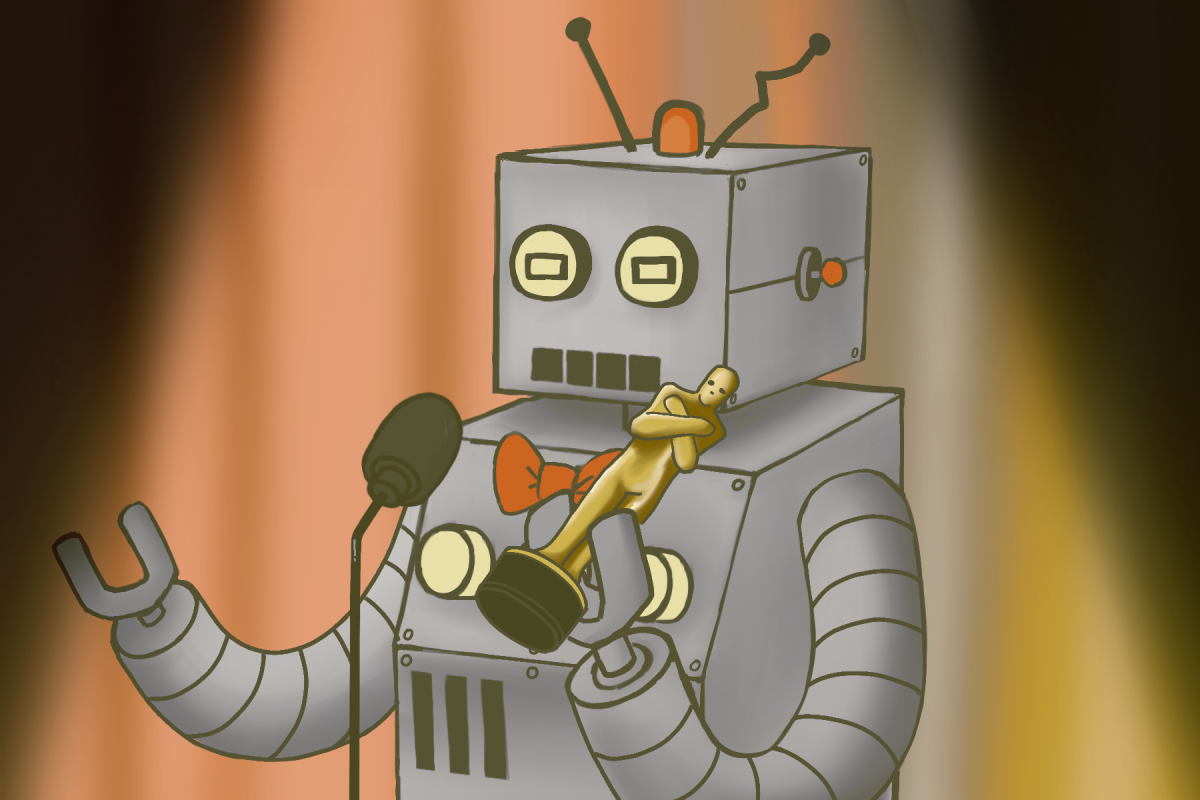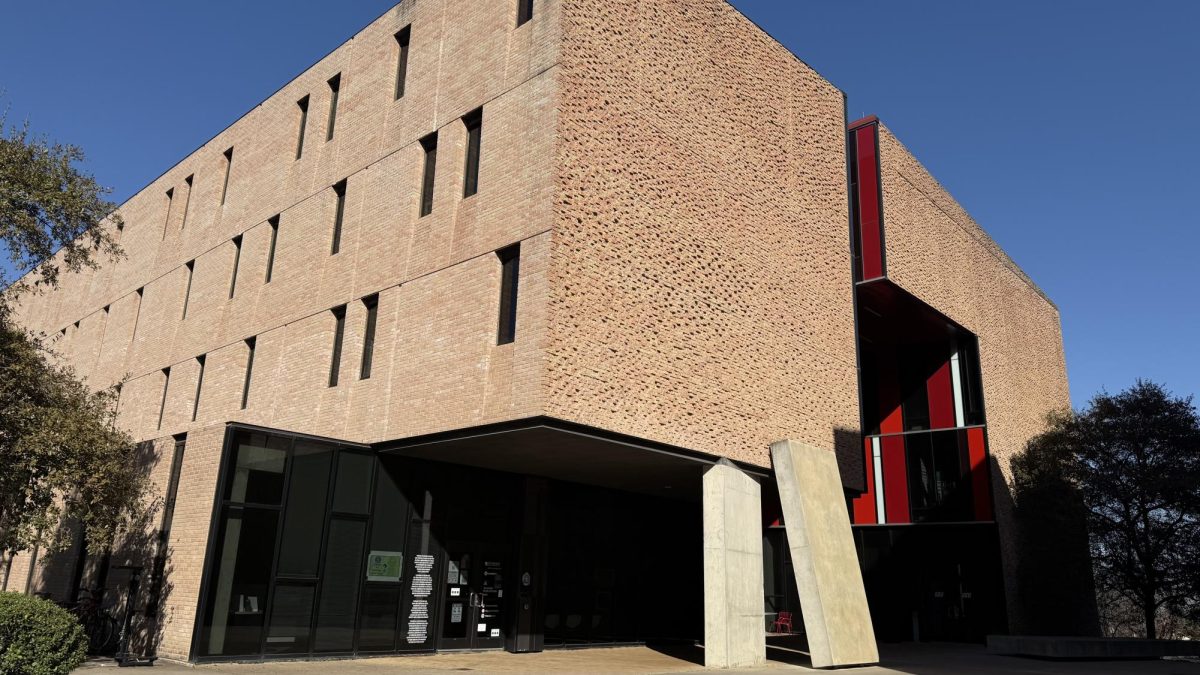With the announcement of the 97th Academy Awards nominees, there have been interesting discussions surrounding the use of artificial intelligence (AI) in film. What are the parameters for AI use in terms of competition? Is AI being used ethically? Should the use of AI even be allowed? These are the questions on everyone’s mind.
AI is a powerful resource, but with great power comes great responsibility. With the controversy surrounding AI – especially after the SAG-AFTRA strikes – viewers are skeptical of its ethical consequences.
Oscars front runners “The Brutalist” (10 nominations) and “Emilia Perez” (13 nominations), used an AI program called Respeecher in the sound editing process of the two films. Although both nominees used the program, it was used in separate ways.
“The Brutalist” tells the story of fictional Hungarian architect László Tóth who survives the Holocaust and escapes to the United States. Because the character’s Hungarian identity is a major point in the film, Adrien Brody (László Tóth) and Felicity Jones (Erzsébet Tóth) both had to go through extensive dialect coaching to perfect their Hungarian accents and their Hungarian language skills. Even with all that training, the actors still had trouble capturing all of the nuances of the Hungarian pronunciation. This is where AI comes in.
For “The Brutalist,” Respeecher was used to augment Brody and Jones’ Hungarian vowels to sound more like native Hungarian speakers. Production tried a few different ways to correct the pronunciation before resorting to AI. They even tried using automated dialogue replacement of the actor’s voices and subbing in Hungarian actors’ voices as well, but neither worked as well as the AI.
In the case of accuracy, like in “The Brutalist,” the use of AI is acceptable. For “Emilia Perez” this is not the case.
The French movie-musical “Emilia Perez” follows a Mexican lawyer (Zoe Saldana) who is tasked with helping a Cartel leader (Karla Sofia Gascón) retire from crime and live life as a trans woman. The already problematic movie made even more headlines as it was revealed that Gascón’s singing was changed using AI.
For Gascón’s performance, sound editors used voice cloning to expand her singing range by blending in the voice of French popstar Camille. This use of AI is concerning to me especially because of its nomination in the Best Picture category.
“Wicked” is also a nominee for Best Picture, pitting the two musicals against one another. All main cast members in “Wicked” were singing live without the use of AI, and as we know is not the case for “Emilia Perez.” It is unfair that these performances will go head-to-head when one has been given an advantage. However, others have made the point that AI is just another mechanism to enhance a film.
“AI is there to help make your movie as good as possible, and you can use AI as much as you want,” Professor Chris Beier said. “I don’t think that there’s anything wrong with that because currently, I don’t think AI is going to help with the human aspect of storytelling, which is the subjectivity and the true creation.”
AI, at the end of the day, is a tool like any other. A hammer is a helpful tool, but if you go overboard trying to put a nail through a wall you might just miss the nail and make a hole. Using AI for the purpose of tweaking and making minor adjustments can be incredibly beneficial, but my advice is to take caution before resorting to the robots.









